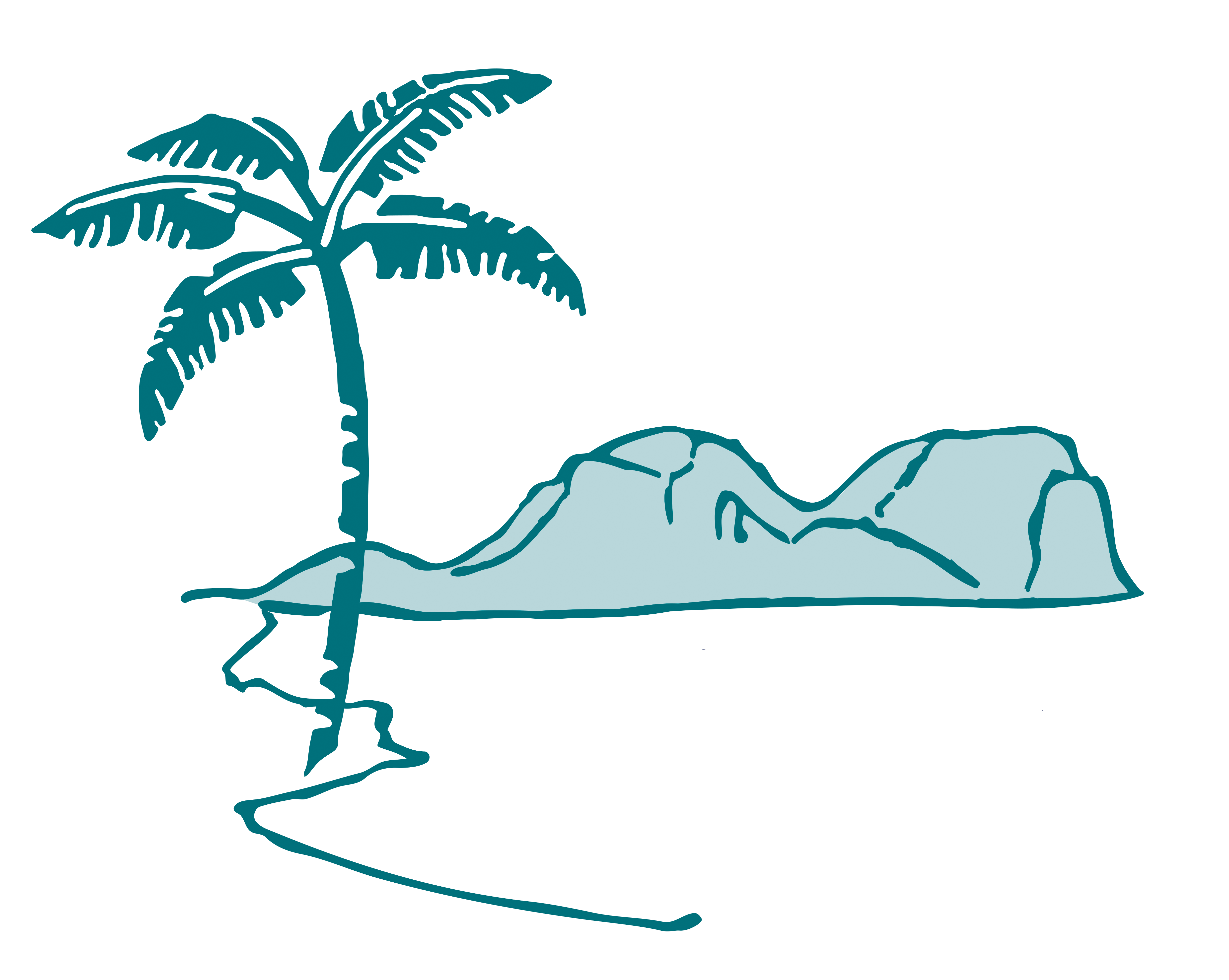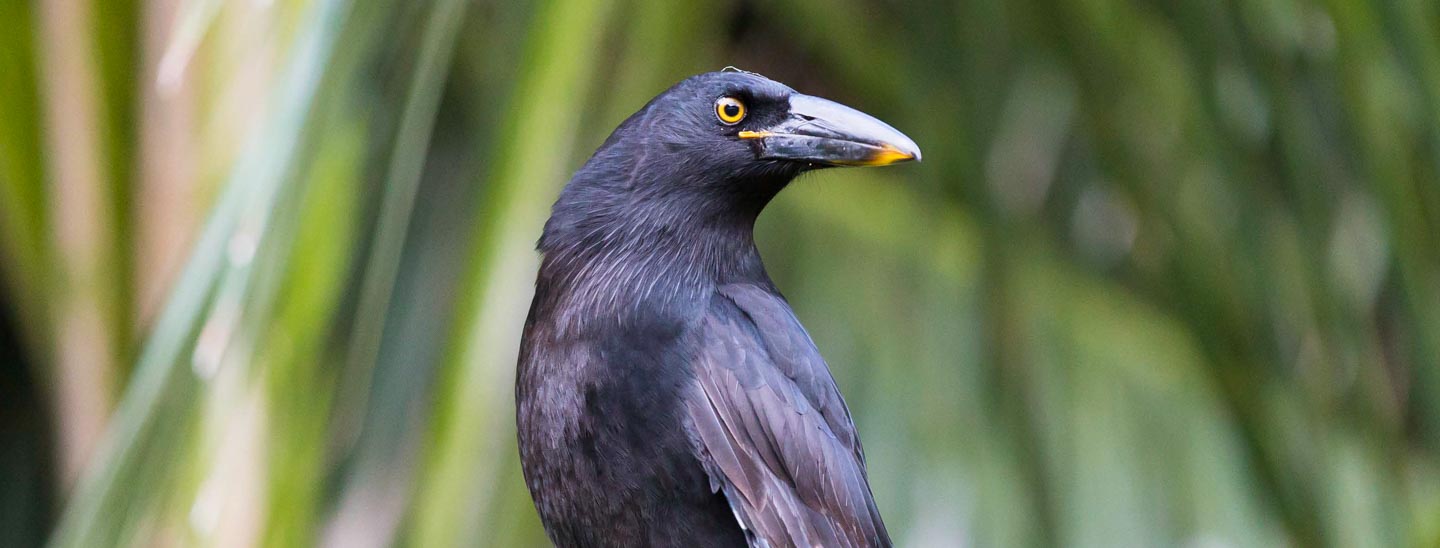Protecting our environment from pests and diseases
Biosecurity is the protection of our economy, environment and community from pests, diseases, weeds and contaminants. It keeps our World Heritage-listed island free from pest animals, plants and pathogens, and protects our rare native species and unique island ecosystem.
Who is responsible for biosecurity
The Department of Agriculture, Fisheries and Forestry, along with other government agencies, industry, the Island community, and visitors, all play a vital role in maintaining Lord Howe’s biosecurity.
How you can help
Under the Biosecurity Act 2015, everyone has a general biosecurity duty to prevent, eliminate or minimise any biosecurity risks they encounter. Most importantly:
- follow the Lord Howe Island importation guidelines for plant matter, animals, and freight; and
- report biosecurity risks such as rodent sightings and noxious weeds.
Our biosecurity rules
Invasive animals
The Island’s biosecurity rules are different to those for NSW and the Australian mainland. Lord Howe has removed invasive mammals including cats, goats, pigs and, most recently, rodents – with island-wide checks in 2023 confirming the eradications success.
For more information read our page on the Rodent Eradication Project.
Eradicating pests is just the beginning. To protect the many species that are found nowhere else on earth and safeguard Lord Howe’s pristine environment, ongoing vigilance and biosecurity restrictions are key.
General national biosecurity arrangements and responsibilities also apply. These are set out in the Biosecurity Act 2015 and subordinate legislation.
Invasive plant pathogens
Lord Howe Island is on alert for highly infectious plant pathogens like myrtle rust and phytophthora. These invasive diseases have the potential to cause irrevocable damage to our environment.
To avoid devastating impacts on Lord Howe’s ecosystem, please arrive clean and sanitise your hiking gear using sanitisation stations at all track heads on the island .
Management of myrtle rust incursions on the island has shown that early detection and community and visitor vigilance is key to successful treatment.

